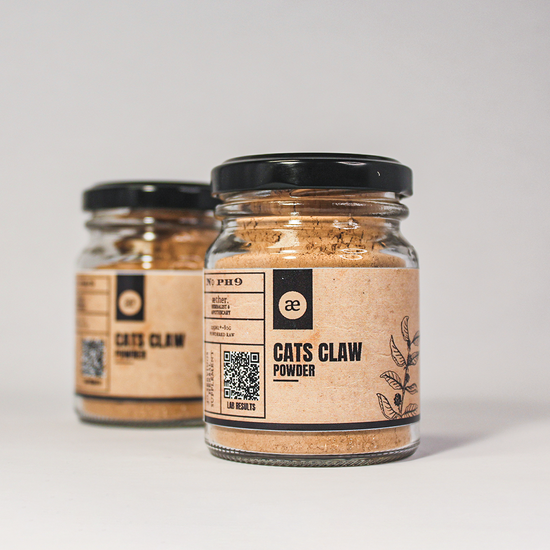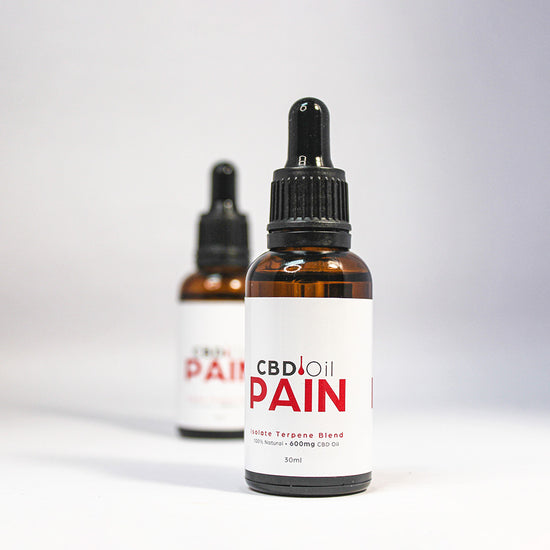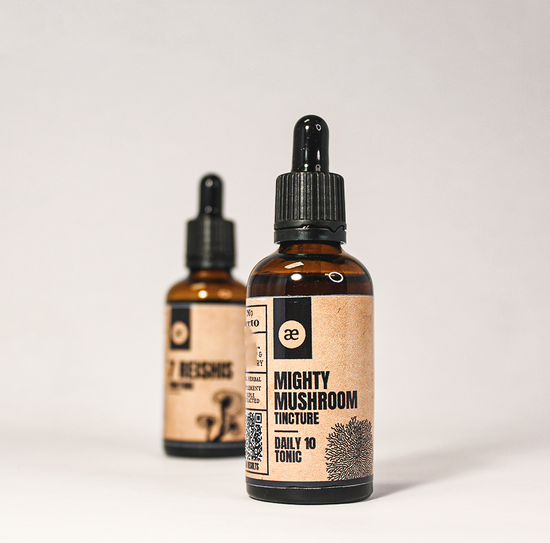Have you heard of PCOS? Polycystic ovary syndrome, or PCOS, is a hormonal disorder that affects between 6% and 12% of the world's female population. It is the leading cause of infertility in women of childbearing age. Symptoms can include:
- No periods, or periods that are: - irregular - infrequent - heavy - or gone altogether
- Immature ovarian eggs that do not ovulate
- Pelvic pain
- Headaches
- Multiple 'cysts' on the ovaries
- Difficulty becoming pregnant
- Excess facial and/or body hair
- Hair loss
- Acne on the face and/or body that can be severe
- Darkened skin patches
- Weight gain
- Depression Anxiety
- Low self-esteem
- Poor body image
- Impact on quality of life
- Sleep apnea
- Increased risk of diabetes, with earlier onset
- Sexual health challenges
- Increased risk of cardiovascular disease
That is a long list of symptoms, many of which are a host of symptoms together such as depression or diabetes. That is why this syndrome can be devastating.
It is important to tell you this: You did not cause your PCOS, you are not to blame. PCOS can result from a host of factors, including genetics. While weight can affect its severity, it also causes weight gain. It is not your fault. Yet, it is your duty to give yourself an amazing life. That may include a few years of focused effort on getting your weight under control and your hormones as balanced as you can. If you have already been diagnosed you may feel despondent.
Scared.
Anxious.
Most physicians will prescribe birth control to manage the symptoms, but what if you want to fall pregnant? What if birth control isn't a viable option for cultural, religious or biological reasons?
What do you do to manage it?
This is a life-altering diagnosis. PCOS has no known cure, but there are some things you can do to manage the symptoms, and potentially fall pregnant if that is your goal, although it will be a long road.
First, you must understand the roles that all your hormones play in your body. They are like a giant orchestra and when they play in harmony it means your reproductive health is at its peak. PCOS can cause some of your hormones to play out of tune, for example, androgen levels are higher in those with PCOS, and androgen is much higher in males so it's basically like this obnoxious tuba blowing in base notes amidst your attempt at a feminine symphony. It blurts out its tunes in the form of facial hair, irregular periods, and mood swings.
Secondly, and most importantly, maintaining a healthy weight and healthy diet link to the severity of PCOS. The kicker is that PCOS actually makes it harder to drop weight, despite efforts. But, that is not to say that it cannot be done, you just have to work harder than the average person. Much like someone with any mental disorder, genetic condition, or physical disability, it's harder but not impossible and it takes a strong will.
Thirdly, but also following on the healthy weight is nutrition, since your body is in a place of disadvantage you have to do your best to give it the best fuel possible. Study up on your body type, listen to your cravings and try to interpret what they are saying. Instead of reaching for a chocolate bar when you want something sweet, assess your feelings. Are you feeling lonely and in need of oxytocin? Have you been skipping meals so now your body wants a quick fix of sugars for energy? (Disclaimer: chocolate is not the devil, don't banish it if you love it, just eat it in moderation) Cravings are clues, not orders. Make sure you are getting a well-rounded diet before submitting to cravings to biohack your body and understand what is going on under the surface. Supplements are also important, if you fell pregnant you would immediately go on a pregnancy supplement and be given folate. Why? Because your body is about to undergo major hormonal changes. It is the same with PCOS, you need to be taking a well-rounded and yet also targeted set of supplements.
Fourthly, try herbal remedies such as our Lady of Herb's Easy Menses. Then see how they affect your natural rhythm. Try Shatavari, Cordyceps, or a hormone tincture. Remember, it's your body and there is no one like you. It will be a trial and error until you find what works but you have to be brave and try and learn and adjust and compensate.

If you suspect you have PCOS it is important you see a doctor. You may be referred to a specialist, such as an endocrinologist or gynaecologist for more detailed assessments. An early diagnosis can help manage the symptoms of PCOS and reduce the potential long-term health risks posed by PCOS.
More so, take initiative. Learn as much as you can about it, and give as much information as possible to your doctors about it. Be proactive about your supplements and strategies.
Sending all our healing thoughts your way
Green Square
xx




